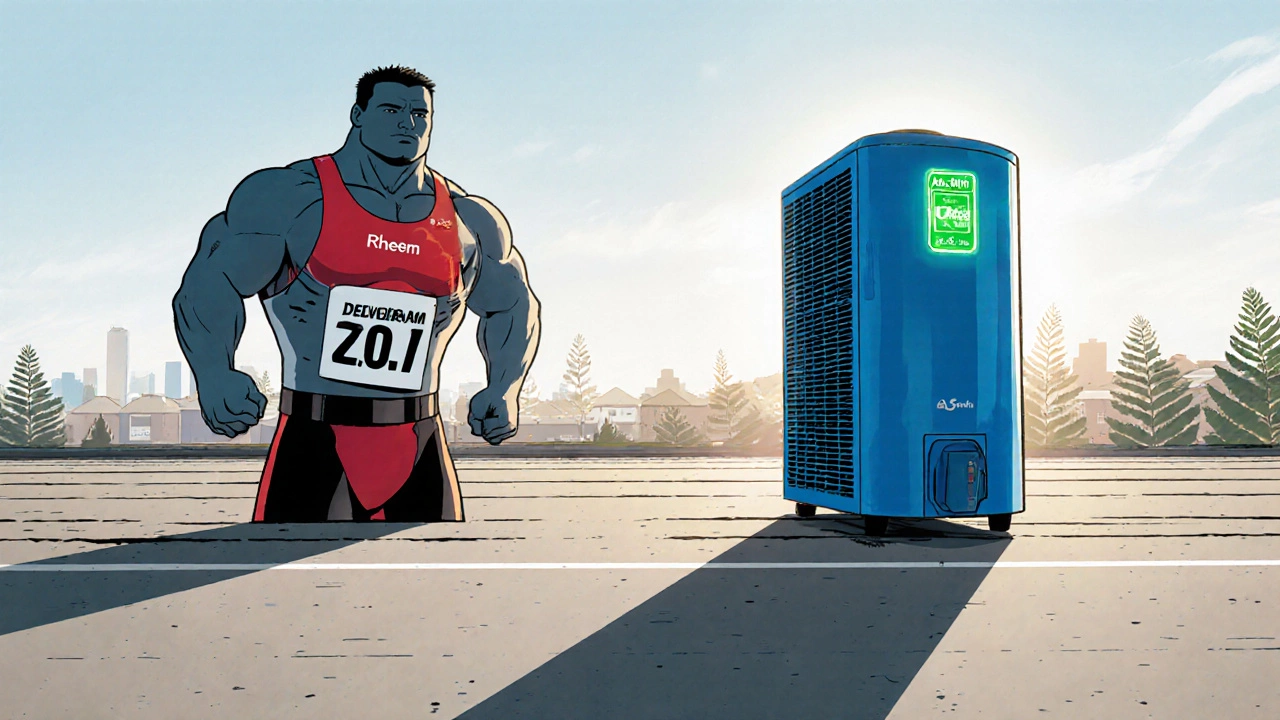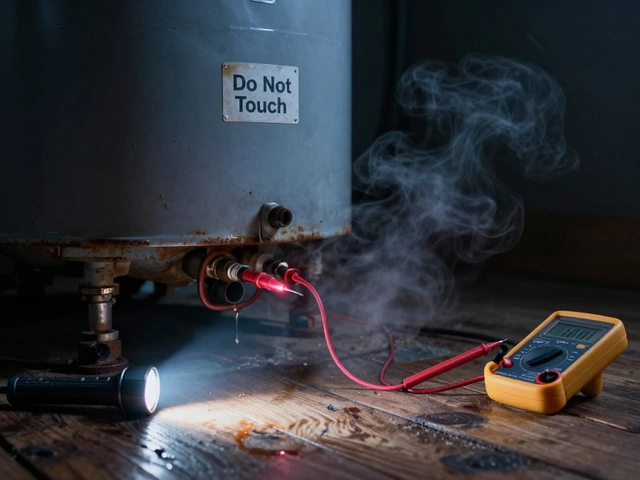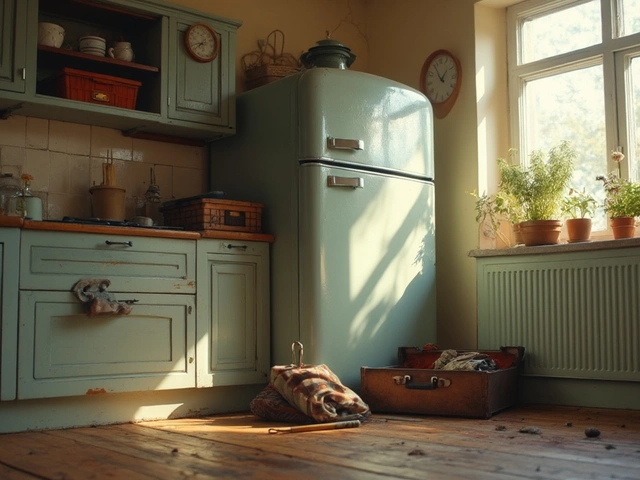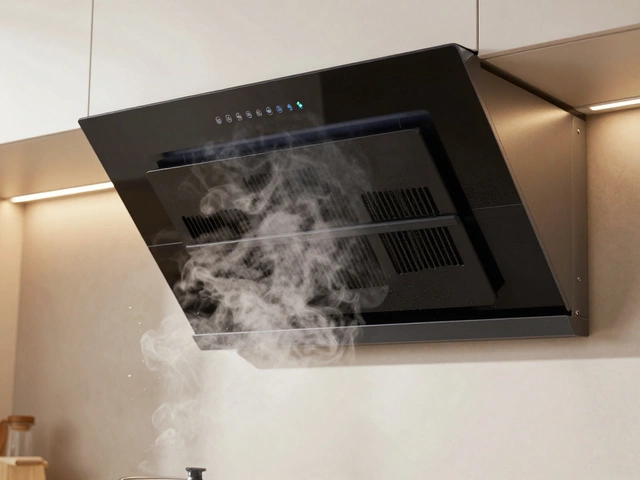Fixing a Water Heater That Keeps Tripping
March 26 2025Water Heater Comparison: Find the Best Hot‑Water System for Your Home
When looking at water heaters, devices that heat and store water for daily use, usually powered by gas or electricity. Also known as hot water tanks, they are the backbone of showers, washing machines and kitchen taps. A solid water heater comparison starts with understanding the core attributes: capacity, fuel type, energy efficiency, and upfront cost. These attributes directly shape the total cost of ownership and the comfort level in your home.
Another key player in hot‑water delivery is the boiler, a central heating unit that can also heat domestic water. Boilers often share the same fuel source as water heaters, so their efficiency rating can tip the scales when you compare systems. For instance, a high‑efficiency condensing boiler may reduce gas consumption, which in turn lowers the running costs of a tank‑style water heater hooked into the same line. This link shows how boiler performance influences water‑heater economics, a crucial factor in any comparison.
Modern homes increasingly consider heat pumps, devices that move heat from the air or ground to warm water, as an alternative to traditional gas‑fired heaters. Heat pumps can offer lower electricity bills and a smaller carbon footprint, but they require a suitable indoor space and may have higher installation costs. The decision heat pump vs. boiler‑based water heater hinges on climate, available space, and long‑term energy goals. Understanding this trade‑off is part of a thorough water heater comparison.
Maintenance, Lifespan, and Hidden Costs
Regardless of the type you choose, appliance maintenance, regular cleaning, inspection, and part replacement plays a decisive role in extending the lifespan of a water heater. Sediment buildup, for example, can reduce heating efficiency and cause premature failure. Flushing the tank once a year or installing a water softener tackles this issue, directly impacting the longevity of the system. Ignoring maintenance not only shortens life but also spikes energy bills, making the initial savings from a cheap unit disappear fast.
Typical water‑heater lifespans range from 8‑12 years for electric tank models to 15‑20 years for well‑maintained gas units. Boilers, when serviced annually, can reach 20‑30 years, while heat pumps often last 15‑25 years with proper upkeep. These figures help you calculate the replacement cycle and compare the true cost of ownership across options. By aligning maintenance schedules with warranty periods, you can avoid unexpected breakdowns and keep your hot‑water supply reliable.
In practice, a good water heater comparison also weighs the impact of house size and usage patterns. Large families with multiple bathrooms will benefit from higher‑capacity tanks or demand‑type (on‑demand) systems, whereas a single‑person household might save money with a smaller electric unit. Pairing the right size with the correct fuel source ensures you’re not over‑paying for unused capacity or suffering from short‑shower frustrations.
Putting these pieces together—fuel type, efficiency, maintenance needs, and household demand—creates a clear decision framework. Whether you lean toward a traditional gas boiler‑linked heater, an electric tank, or a cutting‑edge heat pump, the comparison should answer three core questions: How much will it cost to install and run? How long will it last with proper care? And what are the environmental and comfort trade‑offs?
Below you’ll find a curated set of articles that dive deeper into each of these topics. From detailed cost breakdowns for boiler replacement to step‑by‑step guides on flushing a water heater, the collection gives you the practical knowledge you need to pick the right hot‑water system and keep it running smoothly.
 9 Oct
9 Oct
Rheem vs AO Smith: Which Water Heater Wins in 2025?
Compare Rheem and AO Smith water heaters in NZ: prices, efficiency, warranties, and best use cases for 2025.
Read More...



